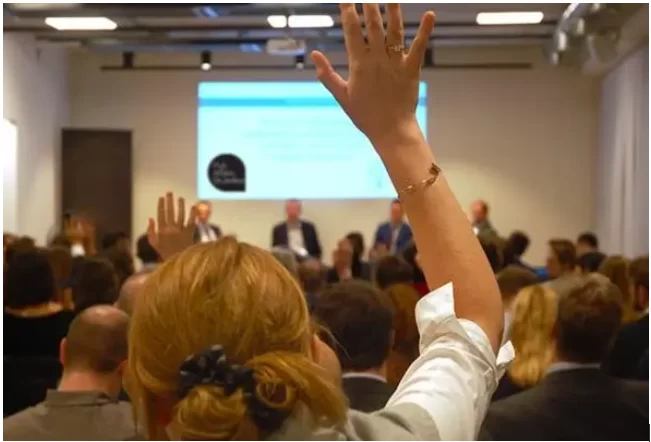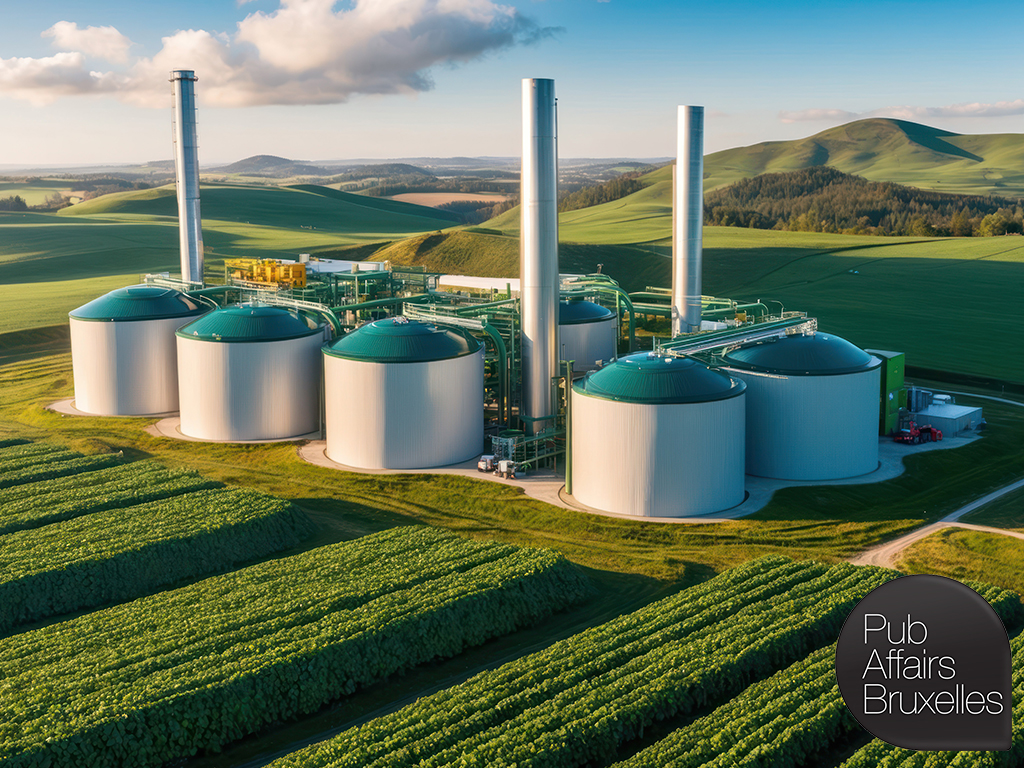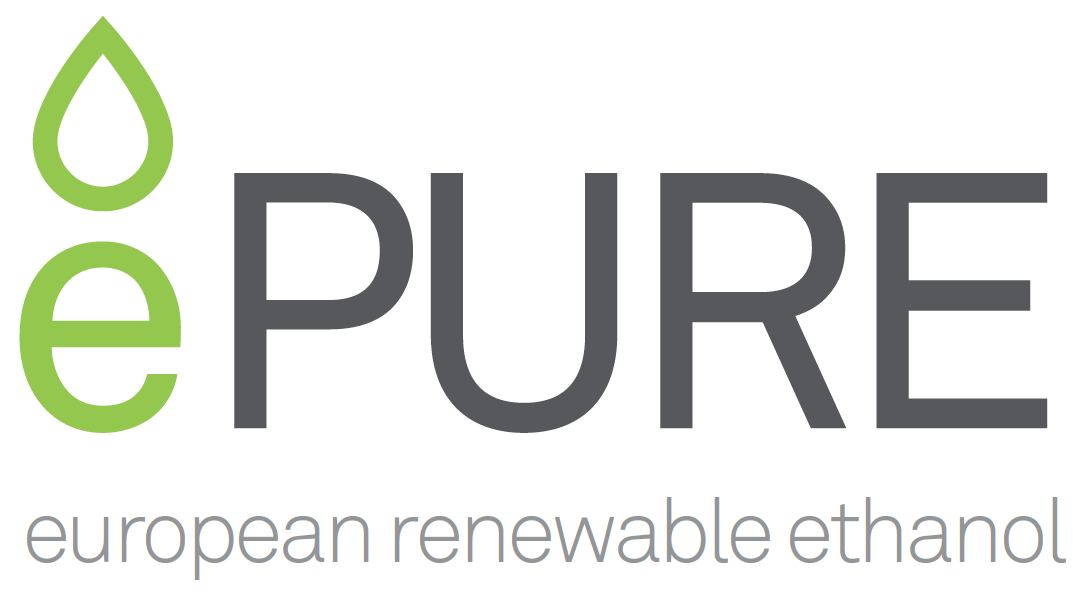We are delighted to invite you to a hybrid event which will be held on Tuesday, 28th of January at 17.00.
This event will consist of an afternoon of discussion on the development of renewable ethanol biorefineries as a strategic resource to accelerate the transition towards a competitive low-carbon economy. The event will also be a timely opportunity to discuss how the EU bioeconomy can support farmers, enhance food security and reduce Europe’s reliance on external resources, with our distinguished speakers:
- Biljana Kulisic, Policy Officer, Decarbonisation and Sustainability of Energy Sources, DG ENER, European Commission;
- Tsjerk Terpstra, Policy Officer, Renewable Energy, DG AGRI, European Commission;
- Zygmunt Gzyra, CEO, Bioagra;
- Michael Carus, Founder and Managing Director, nova-Institut.
David Carpintero, Director General, ePURE will hold a keynote speech.
The debate will be moderated by Sarantis Michalopoulos, Senior Network Editor, Euractiv.
This event is public and will be held both onsite and online.
This event is organised in partnership with
About the debate
Renewable ethanol, or bioethanol, is a sustainable fuel alternative that can power today’s vehicles and speed up the transition away from fossil fuels, while contributing to a more resilient, sustainable and autonomous Europe. Derived from versatile crops and agricultural residues, bioethanol is produced in close partnership between farmers and biorefineries. In fact, the latter are able to convert renewable raw materials, such as agricultural and forestry residues, into everyday products that are not based on fossil sources. In addition to producing renewable fuels, European ethanol biorefineries generate feed and food products. Moreover, the exploitation of advanced biomass can further increase efficiency and product flexibility.
Against this backdrop, several observers have highlighted the underestimation of the strategic importance of maximising the production of both renewable ethanol and the European bioeconomy at large, as well as its related advantages. Indeed, these include supporting European farmers, enhancing food security, reducing Europe’s reliance on external resources, as well as decreasing the EU’s need to import protein, as also highlighted in the EU protein strategy. Whereas, other commentators have remarked that, for biobased products to become mainstream, Europe requires more and larger biorefineries, capable of producing several outputs which are currently made from fossil resources and which are essential across industries. In this context, the recently released Mario Draghi’s report on European competitiveness has recommended the EU to adopt a more pragmatic and a technology-neutral approach to meet the Fit for 55 targets, while harnessing the potential of sustainable low-carbon alternatives, such as renewable ethanol.
One of the main questions emerging from the debate on the expansion of Europe’s biorefineries capacity is the requirement of private investments, which the EU is in the position to foster, if it enacts policies that reduce the risks associated with these activities. Furthermore, supportive policy measures are also essential because biorefineries, as well as the EU bioeconomy in general, currently carry greater regulatory and scaling-up obstacles than conventional production. Amongst the other identified challenges, unsecured raw material supply chains, the continued lower cost of petrochemicals, as well as the need of more enhanced public governance that supports the marketing of biobased products, are the most recurrent.
In order to realise the EU’s goal of a more sustainable, resilient and competitive economy, effective policy actions during the next legislative term are surely needed. However, while both the process of electrification and Europe’s biorefineries are already contributing to the greening of the economy, the latter’s potential needs to be further exploited to speed up the transition towards a competitive low-carbon economy.

This is a public event, hence the Chatham House Rule will not apply.
The event will start at 17.00 both onsite and online, while the onsite welcoming will begin at 16.30. The discussion will last around an hour and a half.
Due to a limited number of seats, please await final confirmation from us after registration, if you wish to attend this event onsite.
The audience will be able to ask questions both in person and through sli.do #EUBioeconomy
We look forward to hosting you on the 28th of January 2024.



